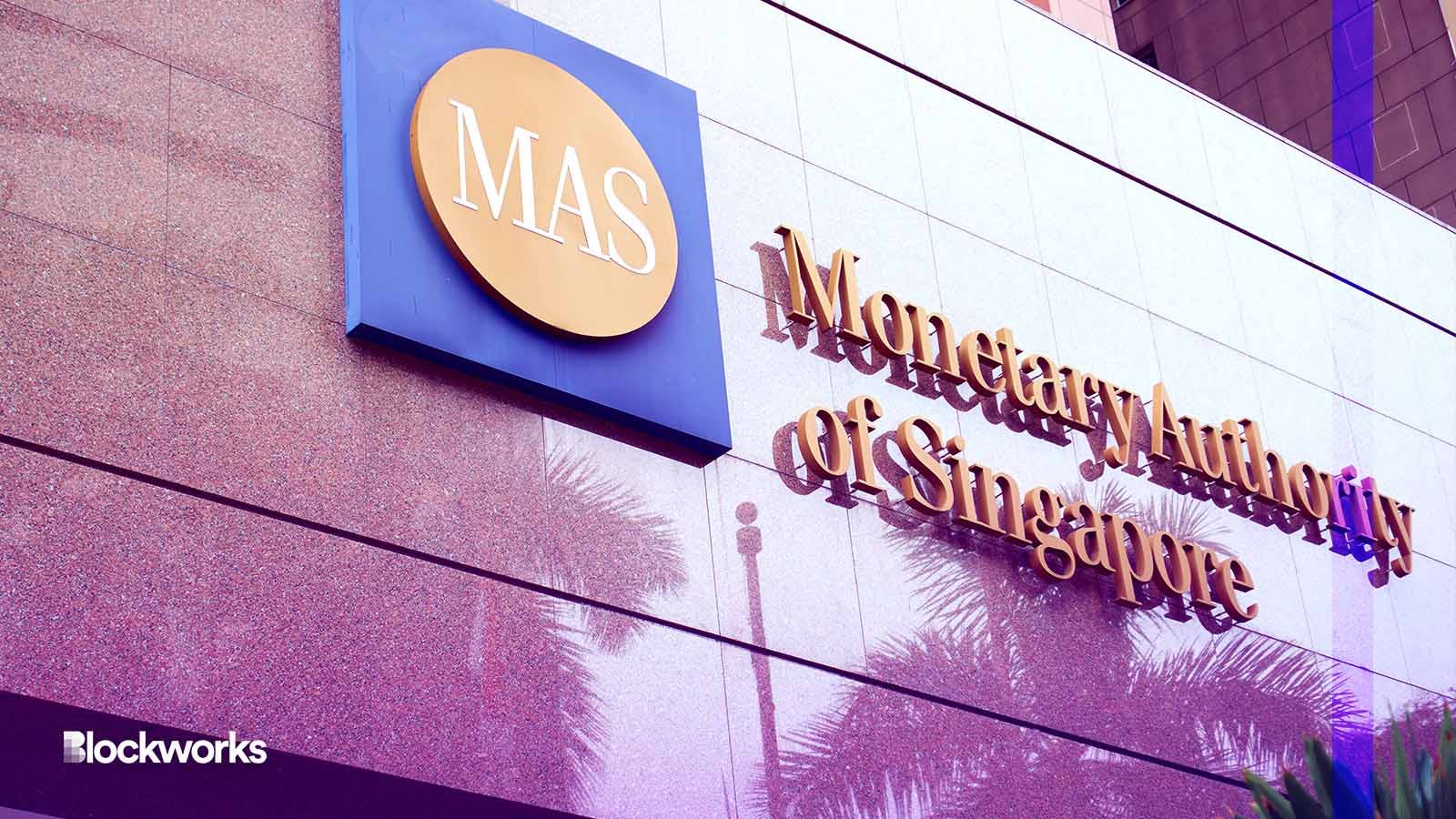Singapore bans 3AC founders from conducting market activity for 9 years
Su Zhu and Kyle Davies are banned from roles involving capital market services companies under Singapore securities rules

macashop/Shutterstock modified by Blockworks
Singapore’s central bank has issued prohibition orders against Su Zhu and Kyle Davies, founders of the now-defunct cryptocurrency hedge fund, Three Arrows Capital.
The legal directives, effective as of Sept. 13, prevent the founders from participating in any regulated activity via management, directorship or becoming substantial shareholders of a capital market services firm under Singapore’s securities regulations.
The Monetary Authority of Singapore issued the prohibition order on Wednesday, citing its June reprimand and further findings regarding the company’s evasion of local regulations.
If Zhu and Davies fail to comply with the orders, they could be subjected to a fine of up to $150,000, a maximum of two years in prison, or both, an MAS spokesperson told Blockworks.
Previously, MAS determined that 3AC misled regulators about the management of its offshore entity, which played a key role in much of its recent business activities.
Although 3AC is headquartered in Singapore, it is incorporated in the British Virgin Islands.
Upon conducting a more extensive inquiry into the company, MAS identified multiple violations committed by Three Arrows Capital between August 2020 and January 2022.
The violations included the firm’s neglect to promptly notify the regulator about the employment of Cheong Jun Yoong Arthur, who was tasked with carrying out fund management activities.
3AC misled MAS in January 2022, stating they hadn’t informed the regulator about Cheong’s employment due to his lack of involvement in regulated activities, according to the prohibition order.
Additionally, the firm allegedly lacked a risk management framework for overseeing cryptocurrency and digital asset investments.
The watchdog also revealed that Zhu and Davies, responsible for ensuring 3AC’s compliance with regulations, failed in their duties and were at fault for the company’s breaches.
“Senior management of fund managers are required to implement robust risk management measures to protect the interest of investors,” Loo Siew Yee, assistant managing director of payments and financial crime at MAS said in a statement.
“MAS takes a serious view of Mr. Zhu’s and Mr. Davies’ flagrant disregard of MAS’ regulatory requirements and dereliction of their directors’ duties. MAS will take action to weed out senior managers who commit such misconduct.”
After some time away following 3AC’s downfall, Zhu and Davies introduced a new venture called OPNX, in partnership with the founders of bankrupt exchange CoinFLEX.
OPNX’s objective was to facilitate the trading of bankruptcy claims for companies like Celsius and FTX.
Shortly after its announcement however, Dubai’s crypto regulator imposed a hefty $2.7 million fine on OPNX for violations related to marketing, advertising and promotional regulations.
Start your day with top crypto insights from David Canellis and Katherine Ross. Subscribe to the Empire newsletter.
The Lightspeed newsletter is all things Solana, in your inbox, every day. Subscribe to daily Solana news from Jack Kubinec and Jeff Albus.





